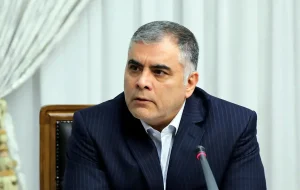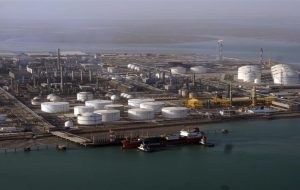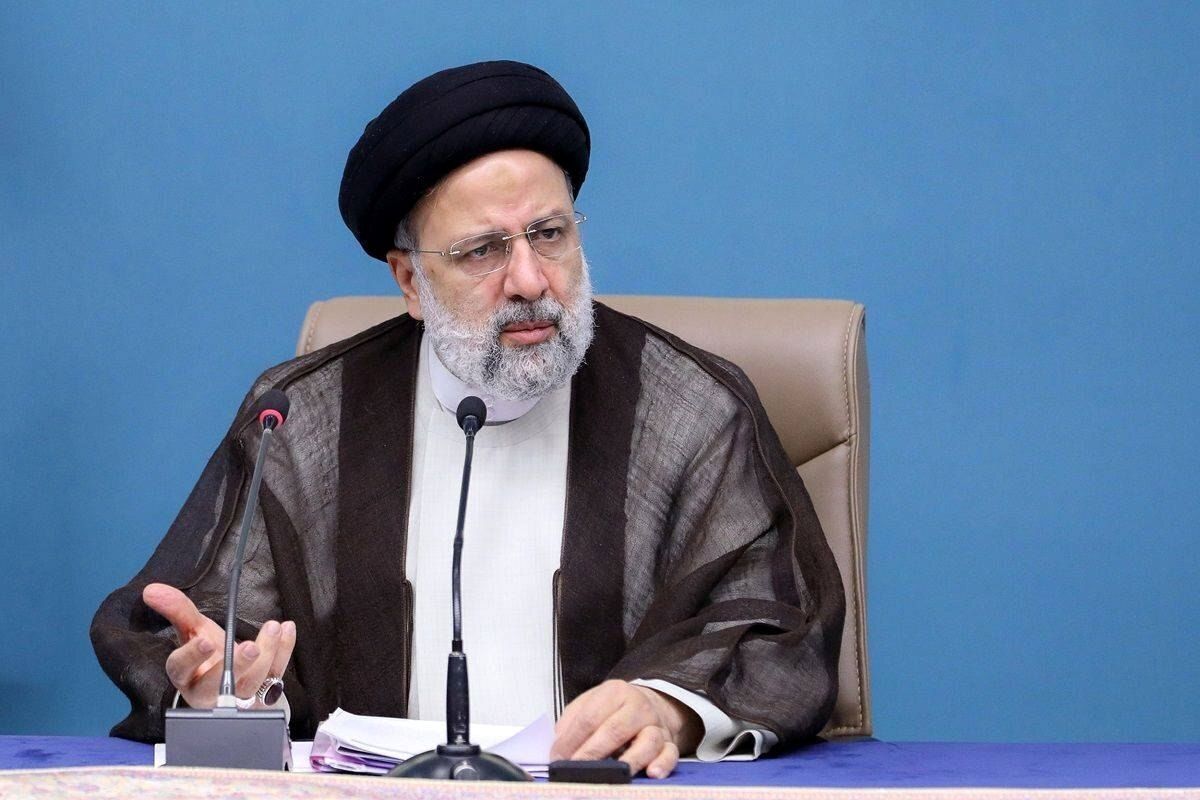
Injecting 117 million cubic meters of gas into power plants to stabilize the electricity grid
The CEO of the National Iranian Gas Company, referring to the coordinated and favorable performance in the gas production chain to refining, announced the injection of 117 million cubic meters of natural gas into the country's power plants.

Oil Minister: Sustainable liquid fuel provided for power plants
The Minister of Petroleum stated that in order to supply gas to power plants, we have delivered a cumulative 3.5 billion cubic meters of gas to power plants since the beginning of this year, and added: "Also, liquid fuel has been supplied to power plants in appropriate and stable volumes so that our dear compatriots do not face any problems or shortages in terms of electricity supply and their electricity needs are fully provided."

Bandar Imam becomes the giant of Iran’s petrochemical paper projects
Bandar Imam Petrochemical, the beating heart of the downstream chain of Iran's petrochemical industry, is currently facing a $1.4 billion project; a project that, in relation to the company's 8 trillion tomans profit, has raised serious questions about the economic logic, financing method, and the silence of Persian Gulf Holding.
Breaking News

Oil market moves away from fear-based pricing; fundamentals confirmed

63% of major repairs plan achieved in southern oilfield

Launching the South Azadegan Processing Unit is an effective measure to neutralize sanctions

Morteza Behrouzifar: It is unlikely that we will see a jump in oil prices in 2026

Oil Minister: Return of foreign currency from oil sales will be carried out under the supervision of the Central Bank

The Oil Industry Pension Fund is operated without relying on government funding

Unprecedented record of sweet gas production at South Pars Refinery 3

Gas consumption in the domestic sector reached 659 million cubic meters

Abbaszadeh: HSE’s preventive measures played a key role in crisis management





